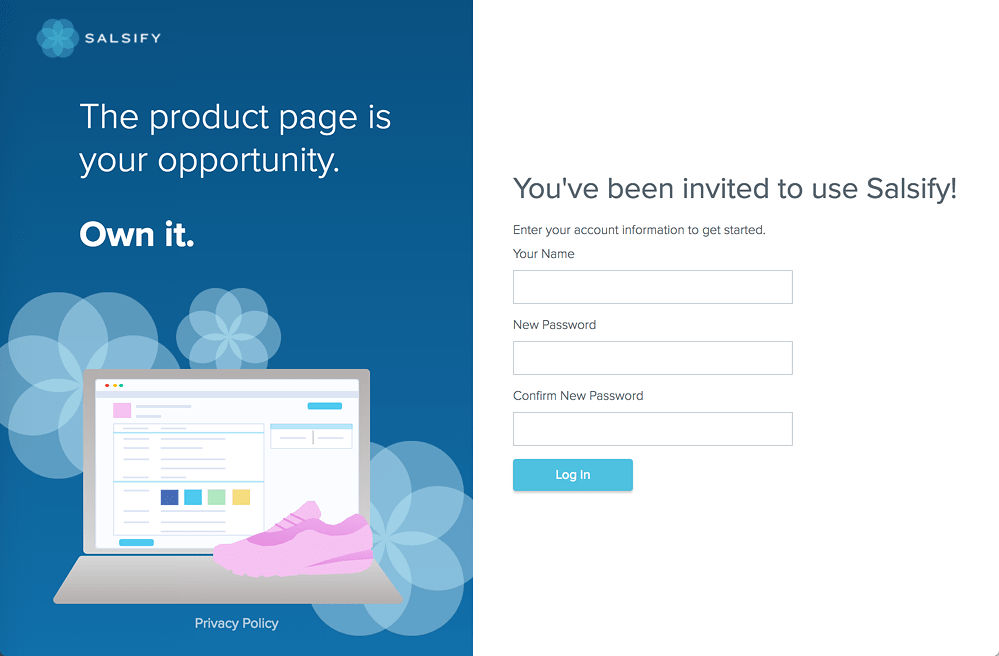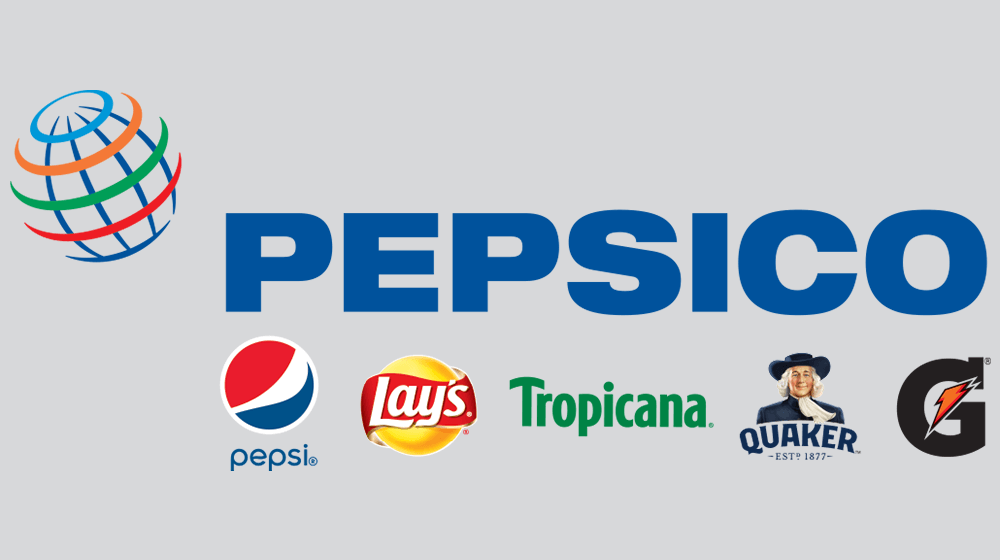Salsify, an item material management, and syndication platform, which powers the seamless exchange of item material that powers today’s commerce experience has raised a substantial round of funding amidst the COVID 19 pandemic.
The company has closed $155 million in a Series E round of financing led by Warburg Pincus, with Matrix, Underscore, Venrock, and Greenspring also taking part.
Salsify was founded in late 2012 by a team with deep experience in commerce, online search, and the semantic web. It supplies brand names and the companies behind them a single location to track item inventories, manage how they are explained and sold throughout a diverse array of online and offline areas, and after that run analytics on the data to figure out what next steps to take.
Jason Purcell, the CEO who co-founded the company with Jeremy Redburn (Chief Data Officer) and Rob Gonzalez (CMO), stated the business would not be revealing its assessment however just validated that it was a “substantial up round” compared to Salsify’s valuation in its last fundraise, which was $308 million, according to data from Pitchbook.
Before now, Salsify had raised around $98 million from financiers including Underscore, Matrix Partners, Venrock, and North Bridge Endeavor Partners.
The financing is coming on the back of a big 2020 for Salsify, which, like a lot of other companies working in the larger location of e-commerce, has seen a strong need for its expertise due to the COVID-19 pandemic as shopping practices went through a transformational shift and browsing and shopping online acquired prominence,
“Companies understand they need a strong digital footprint,”. Whether it’s Amazon or another marketplace, or their own website, what COVID has done is give lots of brands a fraction of the thought process: if we do not have a strong digital footprint, we won’t have the ability to engage.” Purcell said in an interview.
The company is tackling a very basic problem worldwide in online commerce. It’s an extremely fragmented landscape, with a huge number of prospective methods for a brand to link with prospective consumers: their own sites, those of other retailers, bigger marketplaces, social channels, direct sales using messaging or e-mail, and far more.
And this is where its know-how comes. The name Salsify denotes a plant with linear leaves cultivated for its light-skinned edible root and natural homes. Sounding philosophical, Purcell commented that Salsify may be understood by some as a black root veggie that looks a bit like a thin white carrot when peeled however with a sweet and mild taste. But it’s also a wildflower that is a bit like a dandelion: it grows everywhere and its blossoms spread out far and wide, a metaphor for the wide, fragmented world of online commerce.
This is, in fact, the rationale for the name of the company, too. He said he and the creators initially desired to call the business “Dandelion” but it was taken, so Salsify it was.
The reality that it’s an extensive problem also means that there has been a comprehensive field of business that have intended to tackle it. They include companies like Contently and Sitecore, as well as the likes of Salesforce and Adobe, although Purcell explains his company as “complementary to marketing clouds.”

The business recently was enriched by the signing up with Mike Milburn, about two weeks earlier, formerly Salesforce’s chief customer officer, now Salsify’s president. Salsify counts companies like Coca-Cola, Rubbermaid, and Mars amongst its consumers.
In all, it has some 800 business and brands on its large platter with 225 adding to more than $1 billion in incomes, and considering that its last round, a Series D in 2018, the business has seen a boom in a company, with a 120%+ net income retention rate.
Purcell said that his company prepares to use the funding in 2 main areas. First, it plans to continue expanding its item stack, presently based around the business’s CommerceXM (for “experience management”) platform, that includes features for managing item info, digital assets, and managing how items are sold through a brand name’s own site, marketplaces, online and offline sellers and social channels and more.
Second, the business has enthusiastic strategies for broadening internationally.
The company is based out of Boston, and a couple of years ago it opened its very first global head office in Lisbon, Portugal.
Today some 40 of its clients are based overseas, and the strategy will be to double down on more growth both serving them, as well as their U.S. consumers abroad, as adding on to a new organization
Purcell also added that the round and the option of the lead financier was really much in line with the company’s aspiration to come out with an IPO.
“This is pointing us on the path to an IPO. The intent is to develop a business that can run as a public company. It’s about how we hold ourselves against public companies while making certain we can run the exact same from a development point of view. Warburg Pincus has taken 150 business public, and we are constructing with that in mind.” He included.
Warburg Pincus has been a pretty prolific growth-stage financier whose participation undoubtedly points not to existing scale and success, however broader aspiration. Other companies it has backed include CrowdStrike, Avalara, Samsara, Ant Group, Privitar, Trax, and Gojek.
Vishnu Menon, handling director, Warburg Pincus, stated in a declaration, “Salsify is a clear market leader, serving some of the largest and most critical worldwide brands and sellers. The company’s strong track record, paired with a skilled management group has positioned it well for the increase in the need for digital shelf solutions.”
“We are delighted to partner with Salsify in their objective to help brands develop much better and longer-lasting relationships with customers online,” said Michael Ding, vice president, Warburg Pincus.
















